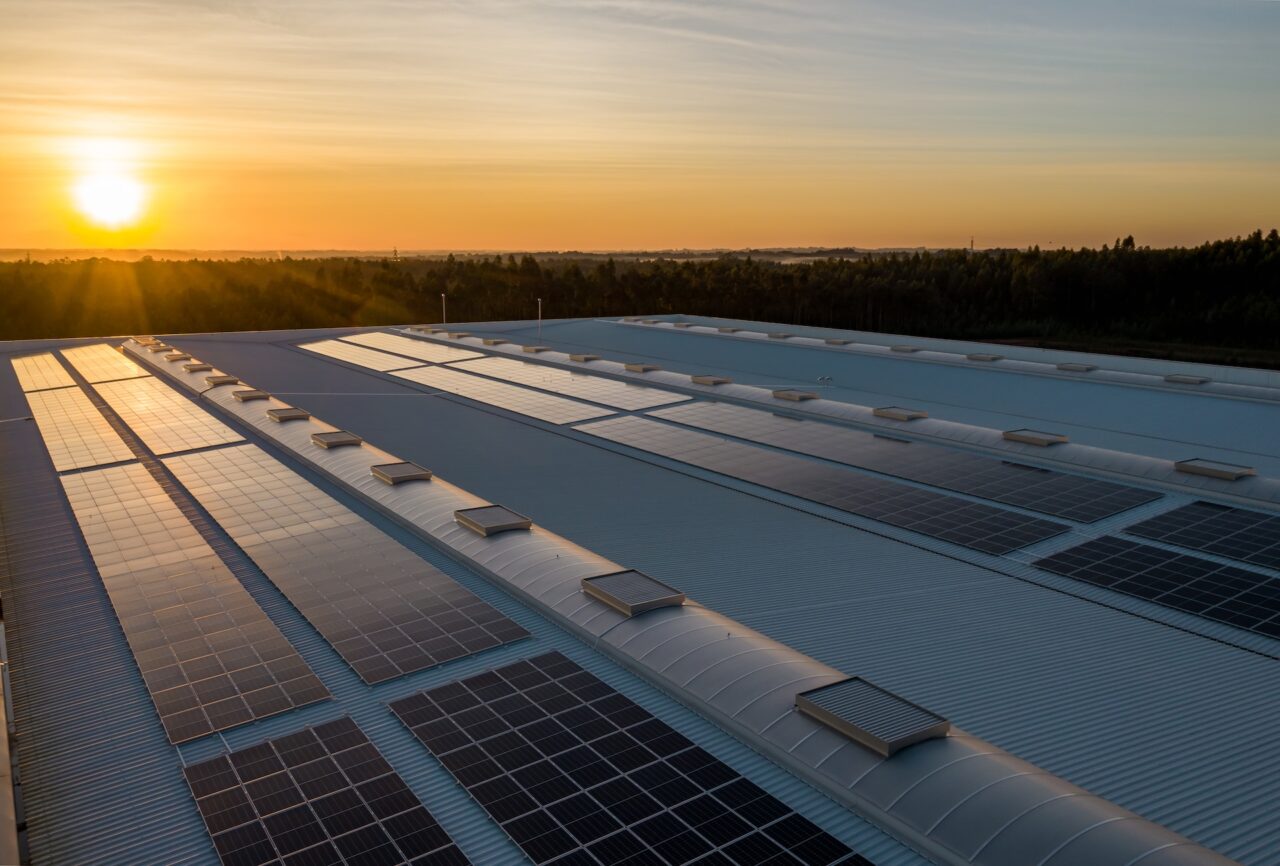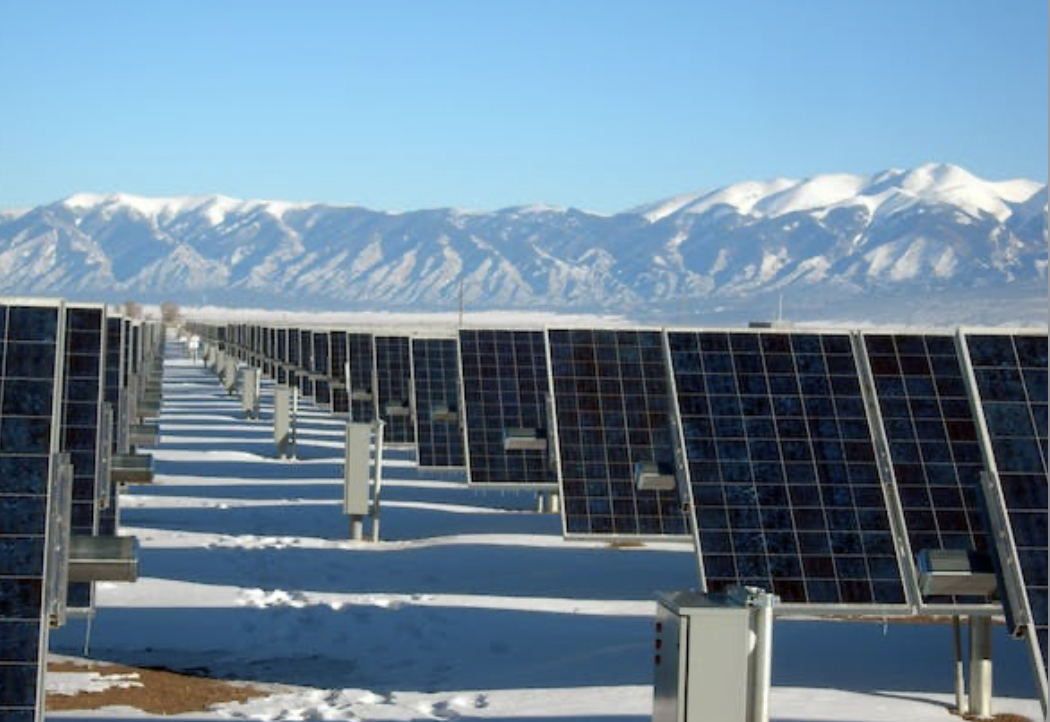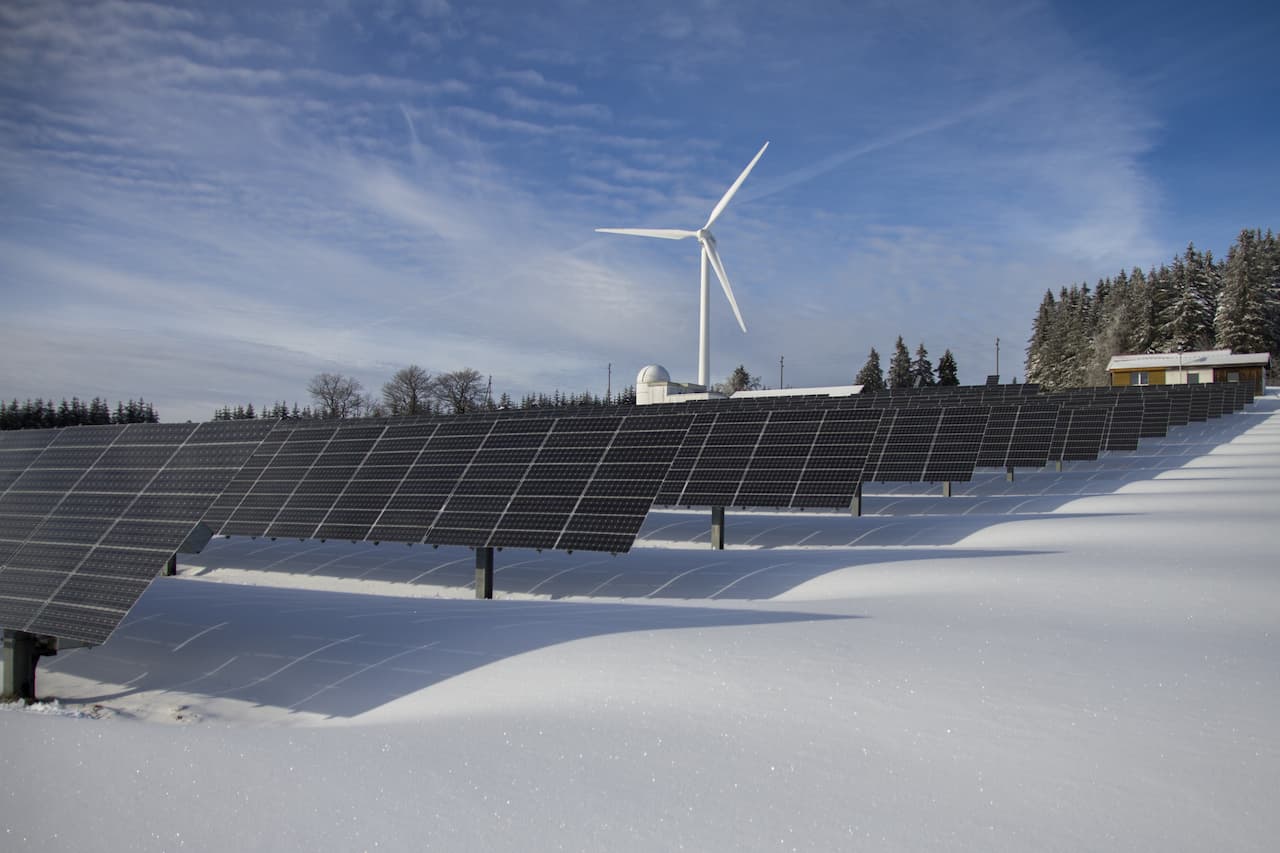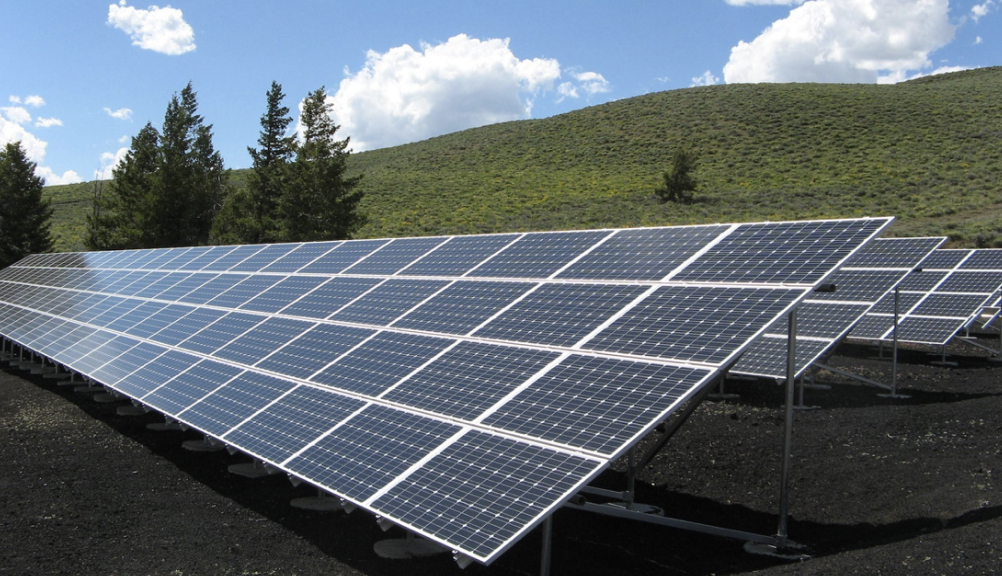In 2022, climate change emerged as one of the most urgent global issues, wreaking havoc on the planet and demanding immediate attention. Rising global temperatures have set off a chain reaction, leading to rising sea levels, intensified rainfall, and devastating forest fires.
- The consequences of climate change extend far beyond the environment, impacting thousands of species of flora and fauna, rendering their habitats uninhabitable. However, it doesn’t stop there, as humans also face the brunt of its effects. Agriculture becomes increasingly challenging due to unfavorable conditions, and the quality of the air we breathe declines steadily. Individuals deeply concerned about the planet’s welfare have sought ways to reverse the damage done;
- Among various potential solutions like recycling, reducing air travel, and adopting sustainable practices, the switch to solar energy emerges as the most promising, long-term option. Solar power presents an entirely green and pollution-free way to power homes, accompanied by financial benefits like tax credits, making it an attractive investment.
Nevertheless, transitioning to solar energy is not a sudden process. Homeowners need to make their properties solar-friendly, and government grants play a crucial role in facilitating this transition. Here’s a step-by-step guide to ensure that your home is ready for solar power. So learn how to Prepare Your Home for Solar Energy!
Checking the Roof’s Suitability
Contrary to a common misconception, solar panels can still function efficiently in overcast weather by absorbing the sun’s radiation. To maximize their potential, placing them on the roof where they receive a constant stream of sunlight is essential. Before installing the panels, a thorough inspection of the roof is necessary to ensure its structural integrity for supporting the system over its 20-year lifespan.

Researching Energy Expenditure
Prior to installation, homeowners must research their energy consumption patterns. The size and capacity of the solar panels will depend on the daily energy requirements of the household. Understanding the average energy usage and determining the right panel capacity becomes crucial for an effective solar power system.
Exploring Solar Provider Options
Selecting the right solar provider is a crucial step in the process. Different companies offer varying prices and service quality. Homeowners are advised to explore multiple options to find the provider that best aligns with their budget and sustainability goals.
Securing a Government Grant
Government grants play a significant role in supporting the adoption of solar energy, particularly for low-income households. However, obtaining a grant involves meeting specific qualifications and requirements. The U.S. Department of Energy Efficiency and Renewable Energy primarily focuses on supporting lower-income households, farms, schools, and nonprofits in rural areas. To apply for a grant, interested parties should review their eligibility and gather the necessary paperwork.
Key Takeaways
Solar power offers numerous advantages, being a renewable and eco-friendly energy source that also benefits homeowners financially. The availability of government grants makes the switch to solar energy more accessible and affordable. With grants covering up to 25% of the total installation cost, adopting solar energy becomes an attractive proposition for anyone wishing to contribute to a greener planet and save money in the process.








